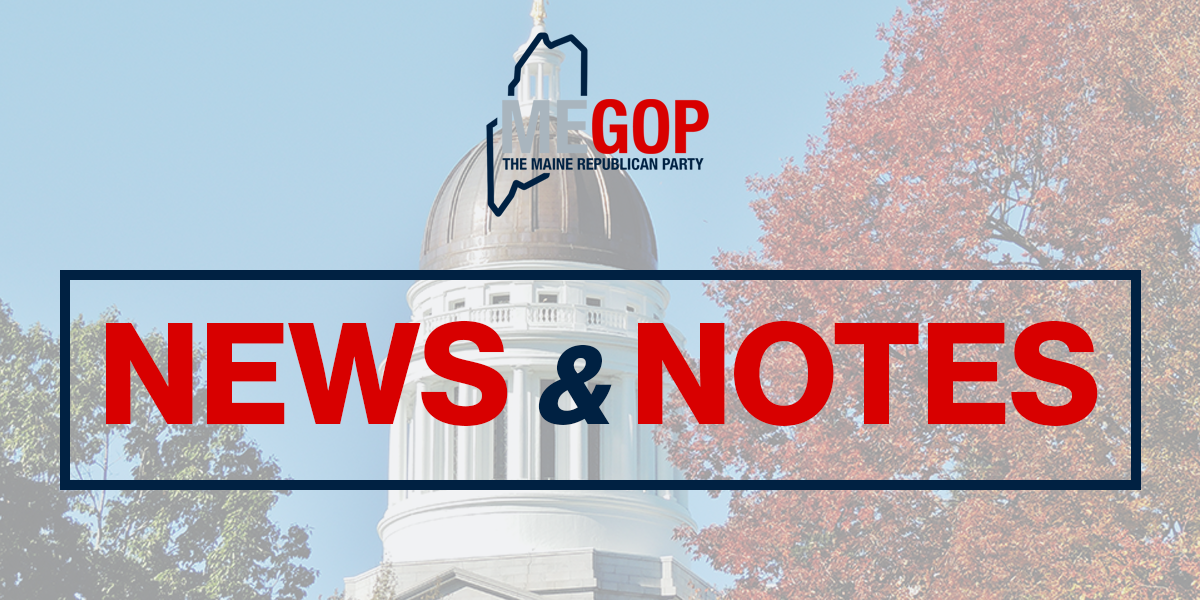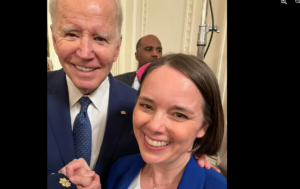Members of the press,
If you are planning
to continue covering the Speaker Mark Eves / Good Will-Hinckley
controversy, we have a few questions that should be asked of the
Speaker, the GWH Board, and Speaker Eves’ political employees and
subordinates who are connected to the legislature and GWH.
– QUESTION: Is it an appropriate use of power, as a matter of personal ethics, for Speaker Eves to seek a high paying job from Good Will-Hinckley, which is funded through the state budget, during the same time period Speaker Eves’ holds power over the state budget and funding for the school?
– QUESTION: How can Speaker Eves negotiate, on one side of the ledger, funding levels for GWH through the state budget, and at the same time negotiate a salary for himself from the same entity?
– QUESTION: Is it EVEN POSSIBLE for GWH and Speaker Eves to negotiate “in good faith” when Speaker Eves is, at the same exact time, holding power over government funding of GWH and negotiating a salary from GWH?
– QUESTION: By the very nature of this situation, wouldn’t GWH be in a compromised situation, and potentially facing unreasonable pressure, explicit or implicit, to comply with the wishes of the Speaker and his allies?
– QUESTION: What happens if GWH, who Speaker Eves is seeking employment from (and has a record of years of hostility toward), declines to hire him?
– QUESTION: Will Speaker Eves release all communications and documents relating to his interviews, negotiations, hiring and dismissal by Good Will-Hinckley in advance of any investigation?
– QUESTION: Below are some segments from the GWH President job description that was provided in the job posting:
“Experience working with legislators, state policy makers, and governmental agencies. (required)”
“Fulfillment and advancement of the mission of GWH/MeANS and its programs Oversight of educational programs; operations; finance; and admissions Forming productive partnerships with private and public interests and agencies Development/Advancement, fund raising, and communications efforts”
If the role of GWH President requires the GWH President, who is a compensated employee, to work with legislators, state policy makers and governmental agencies and to work on development, fundraising and communications efforts, this would appear to fit the description of compensated lobbying.
But, in 2013, the Legislature passed, and Governor LePage signed into law a reform requiring legislators to observe a one-year cooling off period before beginning a new position as a compensated lobbyist.
How does Speaker Eves explain this apparent conflict, which goes beyond personal ethics, to a possible conflict with existing law?
As this situation continues to play out through the press, your readers will be seeking answers to these critical questions.
Sincerely,
Jason Savage




